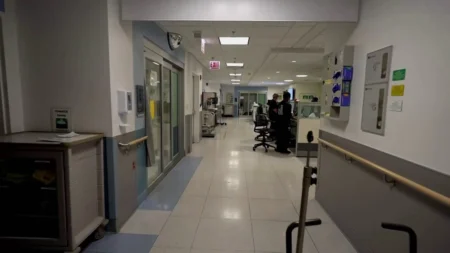A recent study shows that popular GLP-1 medications help patients lose weight even when their access is inconsistent. This research was shared at ENDO 2025, the Endocrine Society’s annual meeting in San Francisco.
GLP-1 drugs like semaglutide and tirzepatide are widely used to fight obesity. But many patients face problems getting their medication regularly. Supply shortages and insurance issues often cause these interruptions.
Kaelen L. Medeiros, M.S., director of data and research at a private weight-loss company in New York, explained, “Patients taking GLP-1 treatments often face challenges consistently accessing their medications due to supply shortages or insurance coverage obstacles.”
The study examined real-world data from 6,392 people enrolled in a commercial metabolic health program. All participants had at least one month of GLP-1 treatment and completed one year in the program. Along with medication, they followed an intensive lifestyle plan. This plan focused on four key areas: healthy eating, exercise, sleep, and emotional well-being. Each patient also received personalized health coaching.
Results showed that 72.5% of participants experienced at least one interruption in their GLP-1 treatment. Around 11% had multiple breaks. On average, patients had 8.13 medication fills during their first year and 15.25 fills during the second year.
Even with treatment breaks, patients lost a significant amount of weight. Those with interruptions lost 13.7% of their body weight after one year and 14.9% after two years. Patients without interruptions lost more, with 17% weight loss at one year and 20.1% at two years.
Importantly, even patients who took GLP-1 medication only 1 to 4 times in a year lost over 10% of their body weight. This shows that even limited medication use paired with lifestyle changes can produce strong results.
Medeiros said, “Given the often-unpredictable availability and shifting insurance coverage associated with anti-obesity medications, it’s important that patients understand the significant impact that lifestyle changes and coaching paired with treatment can have on their health outcomes.”
The study highlights that while continuous access to GLP-1 drugs leads to the best outcomes, significant weight loss is still achievable with inconsistent medication use when combined with lifestyle support.
This research adds to growing evidence that GLP-1 medications are a valuable tool in obesity care, but lifestyle habits remain essential. Patients facing access challenges should focus on diet, exercise, sleep, and emotional health alongside their treatment for lasting success.







